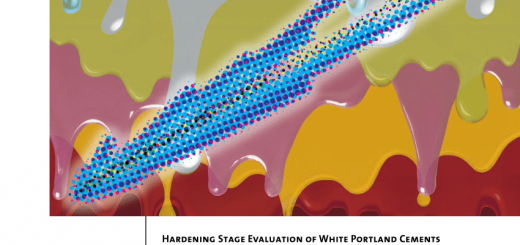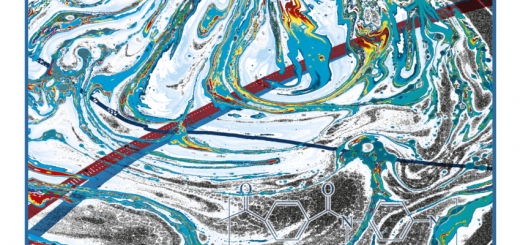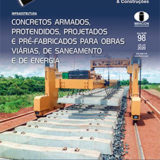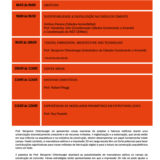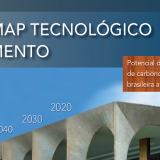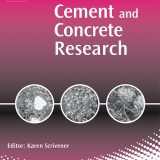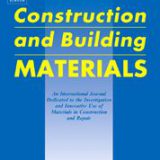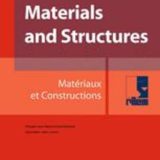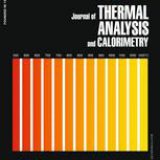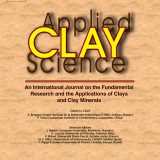Autores: Romano, Roberto Cesar de O.; Torres, Danilo R.; Pileggi, Rafael G.
Revista: Construction and Building Materials (doi)
Disponivel online: 23 de Fevereiro de 2015
Abstract
The great variance in the properties of mortars in the fresh and hardened state or during performance in use may be associated with a lack of control over materials and admixtures. Thus, the main purpose of this work is to evaluate the impacts that aggregates size distribution, the proportion of entrained air and the type of air-entraining admixtures have on the fresh and hardened properties of mortars. Mortar mixing behavior and air-entrainment were monitored to understand the changes in the fresh properties while the hardened properties were quantified by the porosity, mechanical strength, modulus of elasticity, adhesion and air-permeability. The results show that variations in the aggregates size distribution cause considerable impact during the mixing stage but these impacts are lessened by the use of air-entraining admixtures. Contrarily, in the hardened state, only the air-permeability was influenced by the size distribution, although, the other properties were impacted by the air-entrainment.

